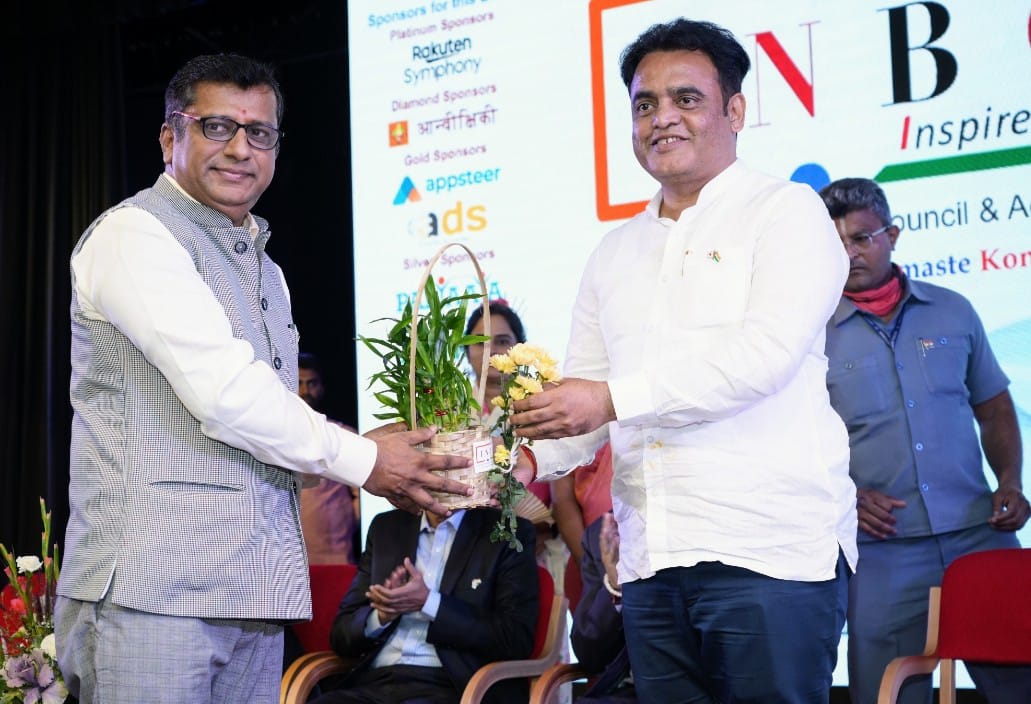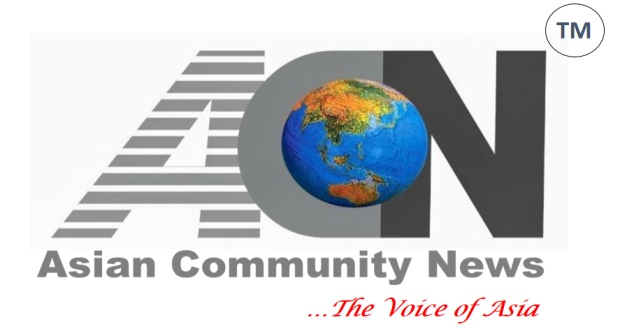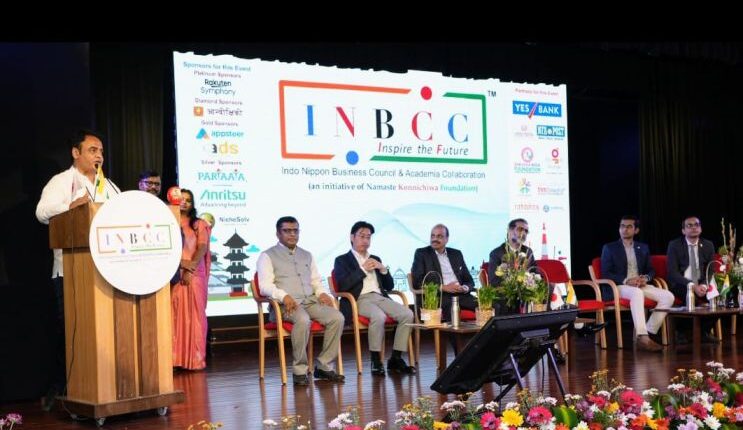Already home to Japanese firms, Bengaluru to be world’s best city in 25 years: Dr. Ashwath Narayan
Indo Nippon Business Council and Academia Collaboration (INBCC) gets wings in Bengaluru.
BENGALURU: With the aim of creating a one-stop platform to facilitate and expedite credible business information between Indian and Japanese companies, Namaste Konnichiwa Foundation today inaugurated the Indo Nippon Business Council and Academia Collaboration (INBCC) in the city. INBCC is formed with the primary objective of promoting business, trade, academic and cultural exchange between India and Japan. Enabling investment opportunities for startups will also be a focus area for INBCC.
INBCC will create an integrated business environment for member companies by enabling end-to-end support to expedite business activities between the two Countries. A digital platform would also be provided for B2B facilitation to ease transactions between international partners.
Dr. Ashwath Narayan C N, Minister of Higher Edu, IT and BT, Sci and Tech and Skill Development, Entrepreneurship and Livelihood, Government of Karnataka, said, “the launch of INBCC is timely as there is no better way of celebrating the 70th year of the Indo-Japanese relationship. In modern times no one can survive alone, and collaboration is the way forward. Respecting each other’s culture is very important and the pursuit of excellence without comprising the culture will be the collective aim of the organization. Japan and India are natural partners as both countries share lots of common things. The State of Karnataka has a very good relationship with Japan as they have invested massively in our infrastructure. Any company can look at Karnataka for investments because we offer the best facilities in the country. And I am sure that in the next 25 years Bengaluru will be the best city in the world.”
Toshihiro Mizutani, Director General, Jetro Bengaluru said, “INBCC would be a great platform for people from diverse cultures and backgrounds. Japanese companies will be looking at strategic investments in Indian startups. The focus will be to accept the difference with due respect for each other’s individuality and progress together with proper collaboration and cooperation.
Ms. Tejaswini Ananth Kumar, Chairperson of, Adamya Chetana Foundation during her address said “we Indians had always been looking at the west for better opportunities and better future. Now is the time to look east for better opportunities as Japan is calling Indians. Culturally India and Japan are very much alike, and it will be easier for the Indians to adapt to Japanese culture than the western culture. The influence of the west had changed our viewpoint as use and throw became the norm of people in the country. We Indians had zero waste ingrained in our culture and there were no garbage bins in the ancient Indian homes. She said that we can learn a lot in the aspect of waste management and zero waste from Japan.”
 In his address, Deepak Anand, Former Director of JETRO and Founding Member of INBCC, said “We can say we are seeing the golden era of Indo-Japan relationship, but there is still a large gap at the micro level or grass root level, so to close the gap, we are setting up Indo Nippon Business Council and Academia Collaboration (INBCC), an integrated support platform where we can provide end-to-end support and solutions for all the Japanese and Indian companies. Talking about Indo – Japanese relations he said that there are 1455 Japanese companies that are active in India. Japan is the 3rd largest contributor of FDI to India and is one of the largest investors in the manufacturing sector. By 2025 USD 42 billion is expected to be invested in India. From 2000 till June 2022 Japanese companies have invested USD 37.79 billion in India. Japanese industry is looking at a parallel supply chain ecosystem other than China and they are looking at India to deliver the same”.
In his address, Deepak Anand, Former Director of JETRO and Founding Member of INBCC, said “We can say we are seeing the golden era of Indo-Japan relationship, but there is still a large gap at the micro level or grass root level, so to close the gap, we are setting up Indo Nippon Business Council and Academia Collaboration (INBCC), an integrated support platform where we can provide end-to-end support and solutions for all the Japanese and Indian companies. Talking about Indo – Japanese relations he said that there are 1455 Japanese companies that are active in India. Japan is the 3rd largest contributor of FDI to India and is one of the largest investors in the manufacturing sector. By 2025 USD 42 billion is expected to be invested in India. From 2000 till June 2022 Japanese companies have invested USD 37.79 billion in India. Japanese industry is looking at a parallel supply chain ecosystem other than China and they are looking at India to deliver the same”.
Krishna Gowda, Founding Member of INBCC said “India and Japan have a deep-rooted connection, which goes back centuries. But we realized that there are challenges like lack of adequate information available for the companies which want to do business with Japanese companies and vice versa. INBCC aims to create a robust and informative support system for both Indian and Japanese companies. Japan requires over 300,000 IT-trained people and 6 million foreigners to run their economy smoothly and this is a great opportunity for India to supply this manpower. By 2024, INBCC is hoping to facilitate 75 Indo-Japanese university collaborations, 50 B2B networking, and create 10,000 Jobs for Indians in Japan”.



